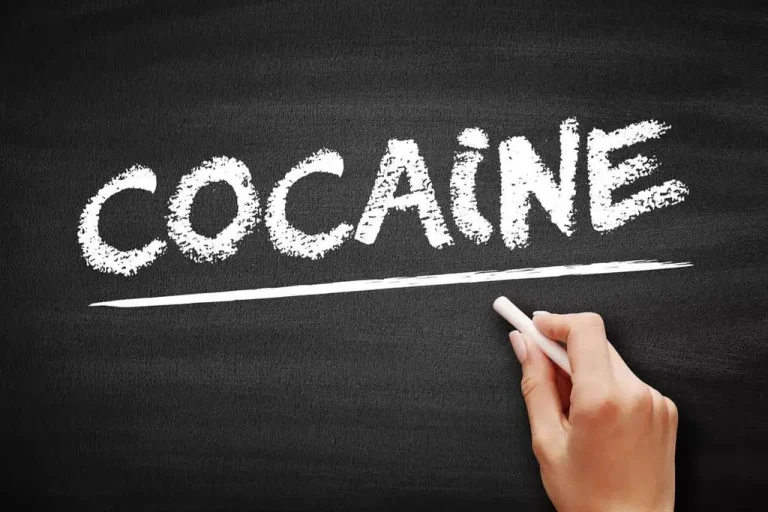
By this point, you’ve probably had enough and should just enjoy the effects. Be especially careful climbing down from any lofts or just walking in general. It will feel like your rib cage is heating up, and it might be difficult to get your feet to go where you want them.
Loss of Coordination
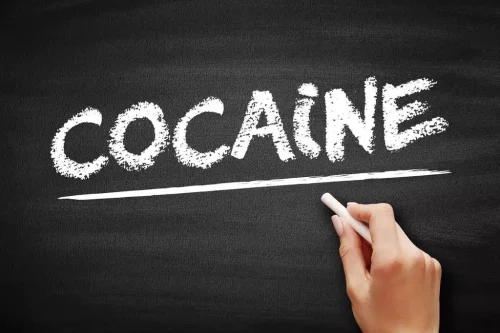
These symptoms are the body’s way of reacting to the excessive amount of alcohol in the bloodstream. In severe cases, vomiting can occur, which is the body’s attempt to expel the toxins. Initially, individuals may feel happy and relaxed, but as intoxication increases, these positive emotions can quickly turn into irritability, sadness, or anger. These mood swings are often unpredictable and can lead to conflicts and misunderstandings in social settings. Alcohol significantly impairs judgment and decision-making abilities. This impairment is due to its effect on the brain’s prefrontal cortex, which is responsible for rational thinking and impulse control.
The Experience Blog
- Alcohol abuse and binge drinking are common, and they put many people at risk of alcohol poisoning, alcohol addiction, and chronic alcohol-related health problems.
- Indeed, at a BAC of .45 or above, you are probably going to die from alcohol poisoning.
- Read on to see what we uncovered about the emotional effects mixing with alcohol for men and women across the country.
- The call is free and confidential, and you don’t have to commit to a program to learn more aboutalcohol rehab.
- Drink moderately and stay alive long enough to drink more in the long run.
Considering that half of all college students report having blacked out at least once, this may not seem like a big deal. However, frequent blackouts can be an early sign of problem drinking or alcohol use disorder. When people are unable to stop or control their drinking, they may black out more often than others. Do you know someone who always seems to black out after drinking? People who consume a lot of alcohol in a short period of time (AKA binge drinking) can sometimes experience memory loss, remembering little to nothing of the night before. You’ve probably noticed that some people seem to hold their liquor better than others.
- The Reframe app equips you with the knowledge and skills you need to not only survive drinking less, but to thrive while you navigate the journey.
- It’s here that alcohol begins to be absorbed into your bloodstream.
- Your best bet is to ride out your buzz while your body does its thing.
Understanding What Does Being Drunk Feel Like: A Comprehensive Guide to Physical Sensations and Effects
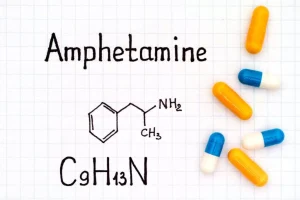
Although you may feel lightheaded with this amount of BAC, you won’t lose coordination. If you want to avoid drunk driving, wait until your BAC is close to zero before driving. Those around the person will how does it feel to be drunk likely notice that they are visibly drunk.
Reverse Effects
How quickly they get drunk can also depend on their size and whether or not they have eaten anything recently. Levels of intoxication can depend on a person’s weight and age. How regularly they drink and when they last ate can also affect their intoxication level. Although the standard to identify legal intoxication is a BAC of 0.08% in the U.S., people can become intoxicated at levels lower than this. This alcohol evaporates from your blood through your lungs and moves into your breath.
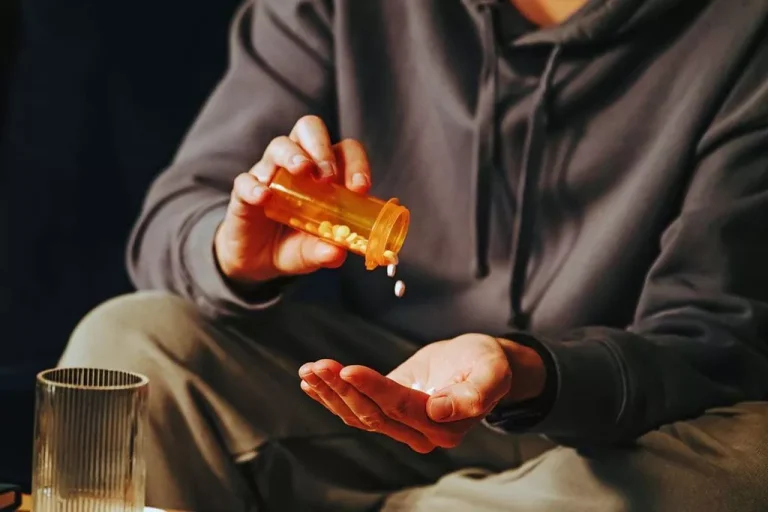
BTW, tolerance often goes hand-in-hand with dependence, which is one of the stages of alcohol misuse. If you find that you need more alcohol to feel its effects, it might be time to take a closer look at your drinking habits. All of this is to say that if getting drunk sounds like a form of harmless fun, think again.
For those who already have clinical anxiety or depression, alcohol can worsen the symptoms of both conditions. You’ll typically start feeling the effects within about 10 minutes or so, depending on the strength of your drink and how fast you drink it. If you chug back a drink, those big gulps will get more alcohol into your body a lot faster.
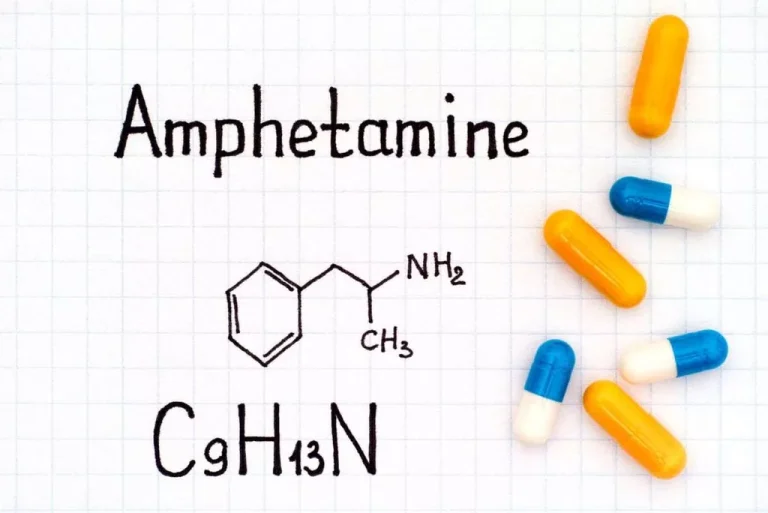
What’re You Having … and Feeling?
It can be considered that being ‘tipsy’ is the middle ground of considering oneself when it comes to drinking alcohol. More than half (nearly 52 percent) of our survey participants revealed that they’d had depressing thoughts while drinking alcohol. Young brains are still developing the capacity to assess and understand risks, including the negative effects and consequences of alcohol. Alcohol also inhibits risk assessment, which perpetuates a cycle of drinking behavior. Drug rehabilitation That’s one reason young people are so much more likely to binge drink. Individual differences such as genetics, mental health, and tolerance levels can significantly influence how alcohol affects a person.
Lämna ett svar